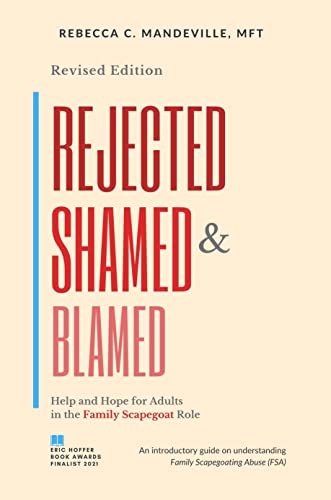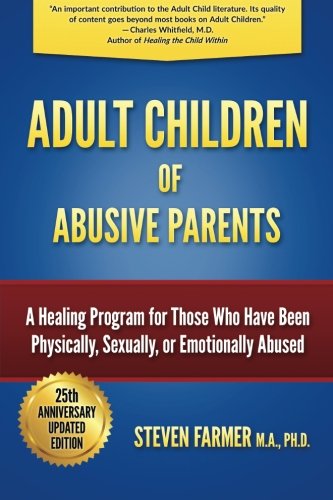ABUSE AND NEGLECT: ADULT, ELDER & CHILD
RESOURCES FOR PATIENTS AND CAREGIVERS
(SCROLL DOWN TO SEE CHILD ABUSE)
What Is Elder or Dependent Adult Abuse? Abuse of an elder or a dependent adult is abuse of: Someone 65 years old or older; or. A dependent adult, who is someone between 18 and 64 that has certain mental or physical disabilities that keep him or her from being able to do normal activities or protect himself or herself.
The law says elder or dependent adult abuse is: Physical abuse, neglect, financial abuse, abandonment, isolation, abduction (taking the person out of the state against his or her will), or other behavior that causes physical harm, pain, or mental suffering
World Patients: 6%
Sex Ratio: M:2W
Symptoms: Poor Physical or Mental Condition or Lack of Self-Care
Progression: Declining Coping Skills or Death; One study of financial abuse showed an average of $186,000 stolen.
Causes: Abused by families or caregivers; Poverty was a major factor.
Youtube Video: Elder abuse can happen to anyone, even your parents.
Click the book to Link and/or Order from Amazon.
Click the book to Link and/or Order from Amazon.
Support Groups: States Differ. In Iowa use “Dependent Adult Services” 1-800-362-2718.
If the person is in danger, dial “911.”)
Contact your own state’s Department of Human Services for possible support groups.
CHILD ABUSE
“Any recent act or failure to act on the part of a parent or caretaker, which results in death, serious physical or emotional harm, sexual abuse or exploitation“; or. “An act or failure to act which presents an imminent risk of serious harm.”
World Patients: 6%
Sex Ratio: M:2W
Symptoms: Poor Physical or Mental Condition or Lack of Self-Care
Progression: Declining Coping Skills or Death; One study of financial abuse showed an average of $186,000 stolen.
Causes: Abused by families or caregivers; Poverty was a major factor.
Youtube Video: How to Recognize Child Abuse and Neglect
Amazon or Library Book:
Please Tell

Amazon or Library Book:
Adverse Childhood Experiences Recovery Workbook



